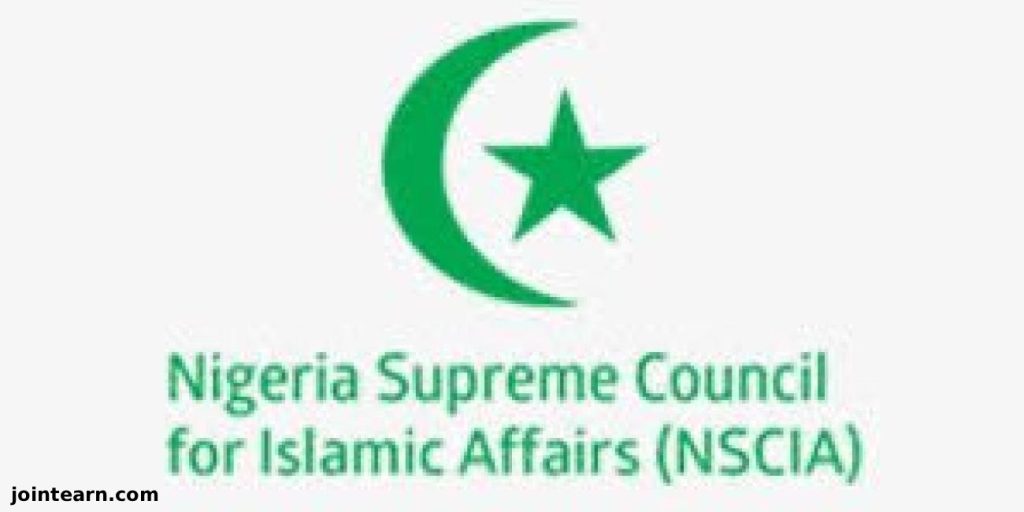
The Nigerian Supreme Council for Islamic Affairs (NSCIA) has refuted claims of an alleged “Christian genocide” in Nigeria, calling on former United States President Donald Trump to withdraw his recent comments describing Nigeria as “disgraced.”
In a strongly worded statement issued on Monday by its Secretary-General, Prof. Is-haq Oloyede, the NSCIA insisted that there is no religious war or genocide taking place in the country. According to the Council, Nigeria’s insecurity stems from governance failures, criminality, and environmental pressures — not religious persecution.
“We urge President Trump to retract branding Nigeria a disgraced country and instead assist the nation with credible intelligence, logistics, and human capacity development to overcome insecurity. Genuine assistance requires partnership, not unilateral actions which, even if unintended, could fragment the Nigerian nation,” the statement read.
The Council described the genocide narrative as a fabrication pushed by foreign interests, separatist elements, and local profiteers seeking to destabilize Nigeria. It also accused some American politicians and lobbyists of manipulating religious divisions for political gain.
Prof. Oloyede cited claims by U.S. Congressman Scott Perry, who once alleged that the United States Agency for International Development (USAID) had funded Boko Haram and other terrorist groups — evidence, the NSCIA said, that many so-called “Islamic” terror movements are actually influenced or sponsored by non-Muslim actors.
The Council further criticized the Christian Association of Nigeria (CAN) for what it called “misleading and dangerous rhetoric” about religious persecution.
“We are extremely disappointed by the false proclamation of the CAN President. It is now clear that those propagating such falsehoods are, in reality, playing to CAN’s script,” the NSCIA said.
However, the body commended patriotic Christian leaders and voices within CAN who have publicly opposed the false narrative. It quoted CAN’s own Director of National Issues and Social Welfare, who reportedly said:
“The spate of killings does not take any pattern. If they open fire in a marketplace, the bullets don’t look for a Christian or spare a Muslim or even a baby.”
Citing reports by Amnesty International and other independent researchers, the NSCIA stressed that most violent incidents in Nigeria are not religiously motivated. It listed climate change, ecological displacement, banditry, and failed governance as the primary drivers of the country’s insecurity.
The statement also linked the renewed “Christian genocide” narrative to Nigeria’s diplomatic stance on the Israel-Palestine conflict, claiming that the campaign intensified after Nigeria reaffirmed its support for a two-state solution and solidarity with the Palestinian people.
Calling the U.S. government’s decision to redesignate Nigeria as a “Country of Particular Concern (CPC)” an act of “political cynicism,” the NSCIA alleged that the move was influenced by evangelical pressure groups and foreign lobbyists.
Reaffirming its commitment to peace and unity, the Council declared:
“There is no Christian genocide in Nigeria. There is no Muslim genocide in Nigeria. There is no religious war in Nigeria. The Nigerian tragedy is that of poverty, bad governance, climate change, and armed criminals who kill indiscriminately.”
The NSCIA urged the Nigerian government to intensify its efforts to protect all citizens, counter terrorism, and hold accountable those spreading divisive and inflammatory narratives.
“We will not be defined by this lie,” the Council concluded. “Our unity will endure, and the truth will prevail.”


Leave a Reply